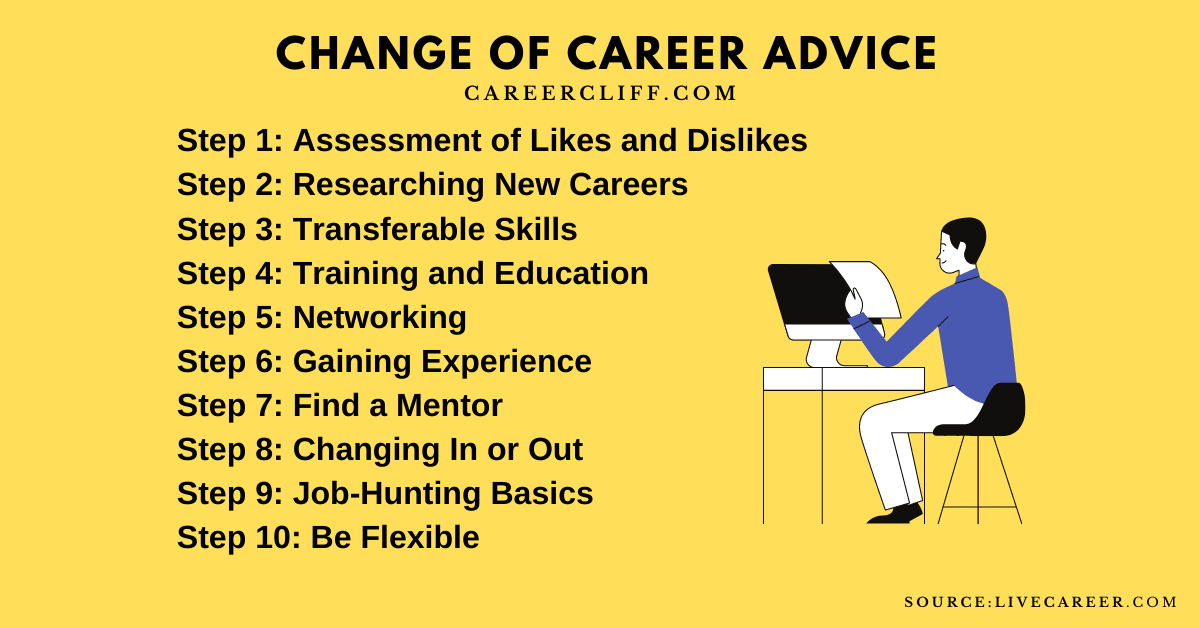
There are many ways to get involved in the event planning business. Begin by making connections with professionals in the field. Volunteering your services or taking up an educational course are two options. Once you have built a network, you can start to approach companies and organizations to offer your services or help with their events.
Networking
You must first network with professionals in the event planning industry. To meet potential clients, use social media accounts. You can also ask your friends and family for referrals. The more people that you know, it's easier to find work in the field.
Trade shows and events are a great way to network and make new contacts. Networking is just the first step; the next step is developing an efficient system to keep track of contacts, share ideas, and develop long-term relationships. This is especially important when planning events for the first time.
Volunteering
You might be interested in volunteering if you have experience with event planning. Volunteers are an integral part of any event, and they can make all of the difference. They volunteer their time because they care about the event. Make sure to let them know they're appreciated. Even the smallest appreciation can make all of the difference.

Volunteering for events in your community can help you gain valuable experience and gain insight into the industry. It's possible to learn everything about the industry, including how to manage venues and deal with the public. You will also have the opportunity to learn from other professionals and interact with them about legal issues.
Educational courses
There are many paths to success in event planning. These programs will provide you with a comprehensive education in all aspects of event planning, including risk management, marketing, and finance. Many programs also include courses that cover the latest technologies as well as the most current trends in this field. You can also learn how to manage meetings, conventions, or tradeshows.
It is vital to have a career in the events industry. A degree in event planning will help you gain the skills and knowledge you need. Many degree programs provide internships in event planning, which allow you to get practical experience and learn from the classroom. Dual degrees are available in some programs.
Job duties
Event planners can have many different job duties and may be required to perform a wide range of tasks. In addition to creating event plans, they might also coordinate with vendors to coordinate catering, decoration, and music, and coordinate travel. These tasks can be performed from home or a traditional office, and these positions may require travel.
Event coordinators usually manage a team of vendors, venue staff, and outside clients. They should also be able delegate tasks and organize large events. Event coordinators need to have great communication skills and be attentive to detail.

Budgeting
Budget planning is an essential step before organizing a big event. The budget should reflect the overall costs of the event. So that you do not spend more money on the event than you can afford, it is essential to determine how much each item will cost. Looking at data from past events is a great way to establish your event's budget. Research current trends and the needs for your target audience can be done as well. It's important to have good vendor relationships.
After determining the budget for the event, allocate at minimum 20% to the emergency fund. This will allow you to cover unexpected expenses and keep the event within budget. A contingency plan can also be used to communicate with clients regarding the expected expenses.